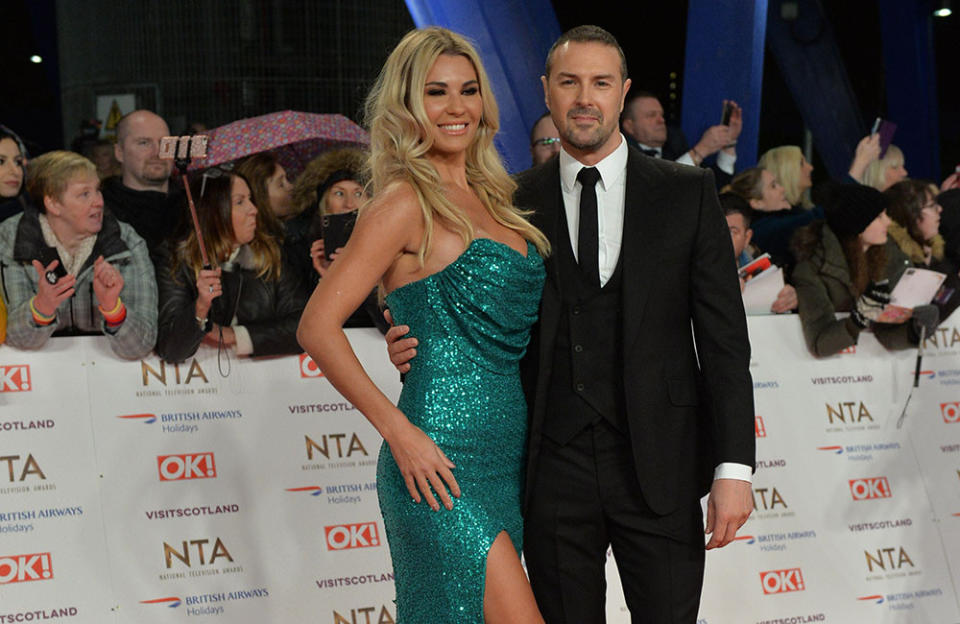Christine McGuinness listens to songs on repeat to cope with autism

Christine McGuinness says listening to one song on repeat "100 times" helps her cope with her her autism.
The 33-year-old TV personality was diagnosed with the condition last November and she described it as a "huge relief" in understanding her own behavioural traits and why she and her husband Paddy McGuinness' three children are all autistic.
Christine - who has eight-year-old twins Penelope and Leo and six-year-old daughter Felicity with Paddy - has opened up about her own struggles and things she does to manage the condition, which include listening to music on repeat and exercise.
Talking to OK! magazine, she said: “Music really helps. I will listen to the same song 100 times and it helps me switch off. The gym helps me, too, and gives me a focus, especially when I’ve got a training plan to work to.
“Another thing I’ve discovered that helps is driving on my own. Before the pandemic if I ever had to go to London I would jump on a train and I hated it. I would quite often get off in the middle of the journey because I was feeling anxious and panicking. Then lockdown happened and I had a job in London and I didn’t want to get on the train. Patrick said, ‘Why don’t you drive?’ I love it.”
'The Real Housewives of Cheshire’ star and 'Top Gear' host Paddy, 48, appeared in the BBC documentary ‘Our Family And Autism’ with their kids last year to raise awareness of their situation and what other parents of autistic kids go through. The pair have also launched a podcast on which they discuss caring for an autistic family.
Christine hopes that she Paddy can help other families by sharing their story.
She said: “The goal is to shed light on the high and lows of the everyday moments for families raising children with additional needs. I think it was something that was needed after we did our documentary. We had so many people on social media saying they wanted more and a way of doing that was through the podcast.”

